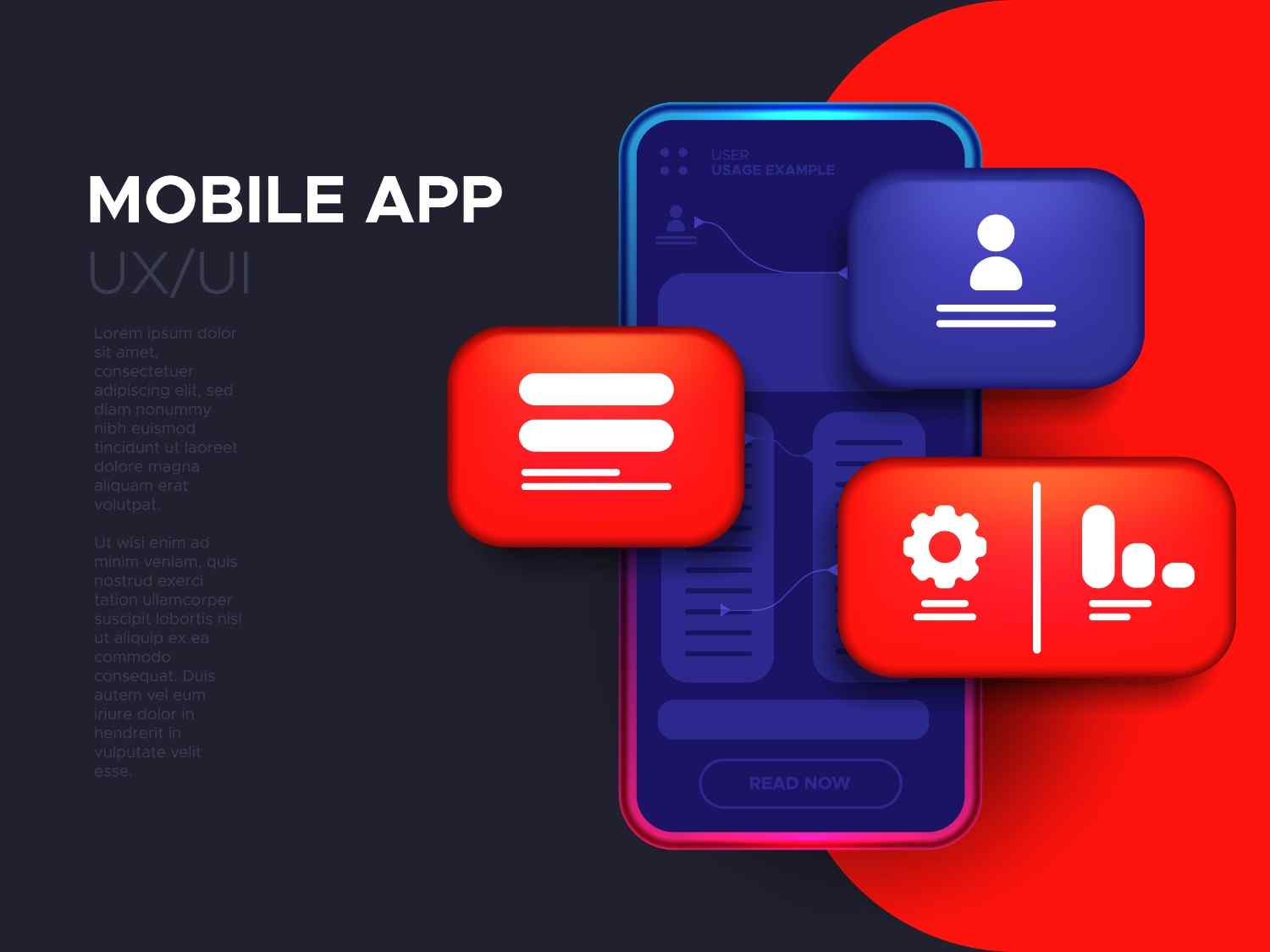


Explore top low-code platforms of 2025 that speed up app development, cut costs, and boost scalability for businesses and mobile app development services.
With businesses under pressure to innovate and launch digital solutions faster, the demand for faster, scalable, and user-friendly development frameworks is at an all-time high. Low code platforms have emerged as a revolutionary approach to application development by reducing the dependency on traditional, code-heavy methods.
In 2025, these platforms are empowering organizations to deliver complex apps faster using visual programming, drag-and-drop interfaces, and built-in integrations. Whether you’re a startup or an enterprise, low code is making it easier to build and deploy mobile and web applications with minimal coding experience.
Speed, efficiency, and adaptability are core components of modern software development. Low-code platforms support rapid application development by enabling both technical and non-technical teams to collaborate effectively.
Businesses offering mobile app development services are leveraging these platforms to shorten project timelines while still delivering high-quality, user-focused applications. The result is quicker prototyping, faster iterations, and reduced development costs.
From automating internal workflows to creating customer-facing apps, low-code technology bridges the gap between idea and execution.
Here’s why more developers and organizations are adopting low code solutions in 2025:
Visual interfaces and reusable components reduce manual coding, making development quicker and more efficient.
Companies can deliver more apps in less time with fewer developers, reducing hiring and overhead costs.
Most low-code tools support Android, iOS, and web from a single codebase, streamlining mobile app development services for diverse audiences.
Low-code platforms make it easier for business analysts, designers, and developers to work together on a single interface.
Applications built on low-code platforms can grow with your business needs and integrate with various third-party APIs and services.
The following platforms stand out for their features, user experience, and impact on the development process:
Known for its enterprise-grade capabilities, Out Systems enables full-stack development with built-in DevOps and strong security controls. It supports advanced customizations, making it ideal for complex enterprise apps.
Mendix offers collaborative features and cloud-native architecture. Its drag-and-drop interface and real-time collaboration tools help both professional developers and citizen developers build scalable applications.
Backed by Microsoft’s ecosystem, Power Apps is perfect for internal business tools and lightweight applications. Its seamless integration with Microsoft 365, Azure, and Dynamics makes it a go-to for businesses already using Microsoft products.
Zoho Creator is a budget-friendly low-code platform designed for small and medium-sized businesses. With multi-device support and an intuitive scripting language, it’s a great choice for startups.
Focused on process automation and enterprise workflows, Appian is widely used in regulated industries like healthcare and finance. It allows organizations to digitize complex business operations quickly.
Low-code platforms are versatile and can be used across various sectors. Common applications include:
Customer relationship management systems
eCommerce platforms
Employee onboarding tools
Inventory and supply chain management
Scheduling and booking apps
Agencies offering mobile app development services are using low-code solutions to serve clients across industries, from retail to healthcare, without sacrificing quality or speed.
When selecting a low-code platform, consider the following factors:
Integration capabilities with your existing tech stack
Security features and compliance standards
Support for multi-platform deployment
Ease of use for non-developers
Vendor support and documentation
Choosing a platform that aligns with your business model and development workflow ensures better ROI and long-term success.
Low-code platforms are redefining how apps are built and deployed. In 2025, they’ve moved from being a niche toolset to a mainstream development approach that empowers organizations to innovate quickly and cost-effectively.
For companies offering mobile app development services, incorporating low-code into their toolkit is no longer optional—it’s essential. As the technology continues to evolve, businesses that embrace it early will gain a significant edge in agility, speed, and scalability.
